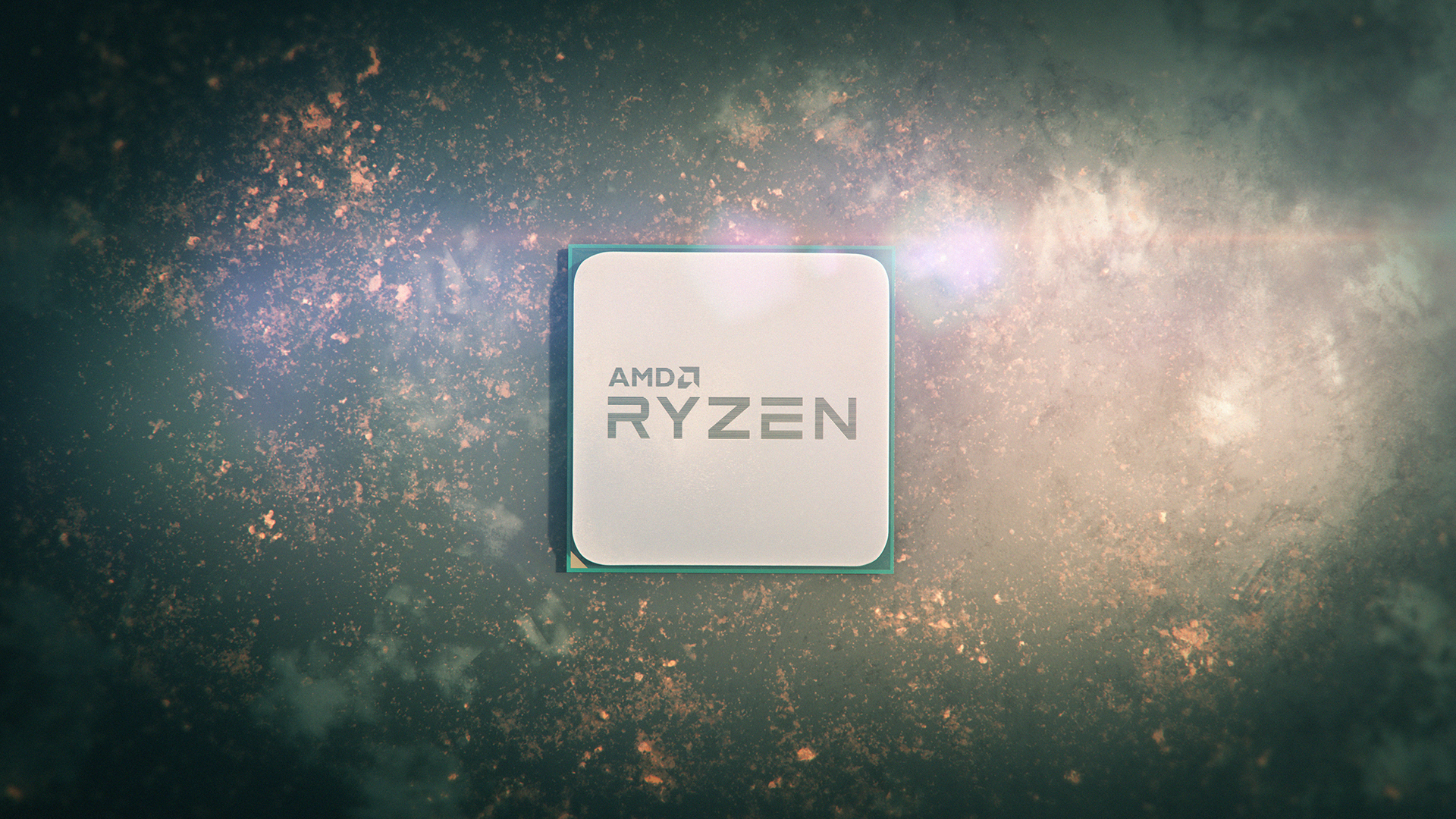AMD confirms Ryzen 4000 CPUs will be out in 2020 – and probably that ‘Nvidia killer’ GPU too
CEO also confirmed that ray tracing support is coming to AMD GPUs this year

AMD’s CEO has spilled a lot of juicy info regarding not just the launch of next-gen Ryzen 4000 desktop processors, but also the incoming high-end Navi graphics card, and the fact that official support for ray tracing is coming to AMD’s GPUs – all of which is set to happen in 2020.
Various revelations were made by Lisa Su during the course of a roundtable Q&A session which occurred after AMD’s press conference at CES 2020.
- At CES 2020, Intel fails to defend its crown from AMD
- We've chosen all the best graphics cards
- These are the best processors
As reported by Anandtech, in reply to a question about whether we should expect to see Zen 3 – in other words, 4th-gen Ryzen desktop CPUs – this year, Lisa Su replied: “You should expect that we’re going to be very aggressive with the CPU roadmap … We’ve completed the family and Zen 3 is doing really well, we’re very pleased about it and you’ll hear more about it in 2020.”
The CEO then added: “Let me [be] clear: you will see Zen 3 in 2020!”
This is no surprise, of course, as AMD had previously indicated that Ryzen 4000 processors should emerge at some point this year, but it’s still nice to have confirmation, and know that release plans are still on target.
Ryzen 4000 processors promise a major bump in performance, with at least a 10% increase over current 3rd-gen chips expected, and potentially double that, the rumor mill has ventured.
Intel will certainly be hoping that the latter scenario doesn’t come to fruition, as that could spell some serious trouble for Comet Lake, its next-gen CPUs which are supposed to debut in the next few months – although worryingly we heard nothing about them at CES.
Get daily insight, inspiration and deals in your inbox
Sign up for breaking news, reviews, opinion, top tech deals, and more.
As a side-note, we’ve already seen Ryzen 4000 mobile APUs for laptops launched at CES, in case you missed that.
High-end GPU
Su was also questioned about where that high-end Navi GPU was, the missing part of the puzzle from AMD’s current graphics card line-up. Specifically, the question asked was whether she thought AMD has to have a high-end competitor in the discrete graphics market.
Su replied: “I know those on Reddit want a high-end Navi! You should expect that we will have a high-end Navi, and that it is important to have it. The discrete graphics market, especially at the high-end, is very important to us. So you should expect that we will have a high-end Navi, although I don’t usually comment on unannounced products.”
So that represents a pretty firm yes, then, although again that’s no real surprise as this has been a heavily rumored card. The ‘Nvidia killer’ (as it has reportedly been informally named at AMD) has previously been rumored to be scheduled for the middle of 2020, and while Su mentions no release timeframe here, the implication certainly seems to be that it will turn up this year.
You’d certainly think that was the case if it’s as important as Su underlines above, and indeed important enough that she has broken convention in talking about an unannounced product.
Perhaps further underlining this is the fact that this high-end GPU will almost certainly need to be equipped with ray tracing chops to compete with Nvidia’s top RTX cards, and Su confirmed that AMD’s graphics cards will get ray tracing support in 2020.
The CEO stated: “We are investing heavily in ray tracing and investing heavily in the ecosystem around it – both of our console partners have also said that they are using ray tracing. You should expect that our discrete graphics as we go through 2020 will also have ray tracing.”
Furthermore, if the big Navi card doesn’t emerge before Nvidia’s next-gen Ampere GPUs – which are expected in the second half of 2020 – it could have an entirely different target in its sights which will doubtless be far harder to eliminate.
Darren is a freelancer writing news and features for TechRadar (and occasionally T3) across a broad range of computing topics including CPUs, GPUs, various other hardware, VPNs, antivirus and more. He has written about tech for the best part of three decades, and writes books in his spare time (his debut novel - 'I Know What You Did Last Supper' - was published by Hachette UK in 2013).